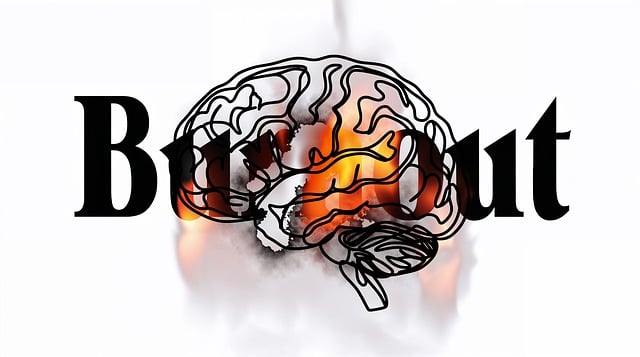Lone Tree Gender Identity Therapy (LTGIT) offers effective stress management workshops through structured planning, tailored content, diverse formats, and skilled facilitation. They prioritize safe spaces for open communication, emotional intelligence, and interactive learning. Post-workshop follow-up and online community support sustain impact and promote long-term mental health initiatives. LTGIT's holistic approach equips attendees with practical tools for stress management, empowering them to navigate challenges resiliently.
Stress management workshops are powerful tools for personal growth and well-being. At Lone Tree Gender Identity Therapy, we organize series that transform lives by empowering individuals with effective coping strategies. This article guides you through the process of planning and facilitating engaging workshops, from logistical considerations to post-event follow-up. Discover techniques that create a supportive environment, foster community building, and ensure lasting impact for participants, mirroring our commitment to holistic mental health care.
- Planning and Logistics: Strategies for a Successful Workshop Series
- Facilitation Techniques: Engaging and Empowering Participants
- Post-Workshop Follow-Up: Measuring Impact and Fostering Community
Planning and Logistics: Strategies for a Successful Workshop Series

When organizing a series of stress management workshops, meticulous planning and logistics are key to ensuring success. At Lone Tree Gender Identity Therapy, we’ve found that breaking down the process into manageable steps yields optimal results. Begin by identifying your target audience and tailoring content accordingly. Consider age groups, cultural backgrounds, and specific stressors they may face. For instance, workshops for teenagers might focus on stress management techniques within academic settings, while adult sessions could delve into work-life balance.
Logistics are equally important. Choose venues that are accessible, comfortable, and conducive to open discussions. Ensure you have the necessary equipment for presentations and interactive activities, such as Mental Wellness Journaling Exercises or Crisis Intervention Guidance sessions. Additionally, consider offering a mix of workshop formats – in-person, virtual, or hybrid – to cater to diverse learning preferences. Incorporating Emotional Intelligence guidance can enhance interactions, fostering a supportive environment where participants feel heard and respected.
Facilitation Techniques: Engaging and Empowering Participants

Lone Tree Gender Identity Therapy understands that effective stress management workshops rely heavily on facilitation techniques that engage and empower participants. Skilled facilitators create a safe, non-judgmental space where individuals feel comfortable sharing their experiences and learning from one another. They employ interactive activities, group discussions, and real-life examples to make sessions dynamic and memorable.
By fostering open communication and emotional intelligence, these workshops encourage participants to develop practical stress management strategies tailored to their unique needs. The goal is not just to convey information but also to build self-esteem and provide tools for risk management planning, enabling individuals to navigate challenging situations with resilience. This holistic approach ensures that attendees leave the workshop not only equipped with new techniques but also empowered to integrate them into their daily lives.
Post-Workshop Follow-Up: Measuring Impact and Fostering Community

After hosting a stress management workshop, the next vital step is post-workshop follow-up to assess and sustain its impact. This process involves measuring participants’ progress in managing their stress levels and emotional well-being. Organizations can gather feedback through surveys or one-on-one interviews, providing valuable insights into the workshop’s effectiveness. By understanding what worked and what needs improvement, Lone Tree Gender Identity Therapy can enhance future sessions, ensuring they align with the unique needs of its diverse audience.
Fostering a supportive community is another key aspect of post-workshop activities. Engaging participants in ongoing conversations through online forums or support groups encourages the exchange of experiences and coping strategies. This sense of community can lead to increased public awareness campaigns development around stress management, emotional well-being promotion techniques, and even the integration of mindfulness meditation into daily routines. Such initiatives contribute to a holistic approach to mental health, benefiting individuals long after the workshop has ended.
Stress management workshops, akin to a calming oasis in a bustling landscape, offer transformative experiences. By employing strategic planning, engaging facilitation techniques, and meaningful post-workshop follow-up, organizations like Lone Tree Gender Identity Therapy can empower participants with resilience tools. This multi-faceted approach not only enhances well-being but also fosters a supportive community, ensuring the workshop series’ impact reverberates far beyond the event’s conclusion.














